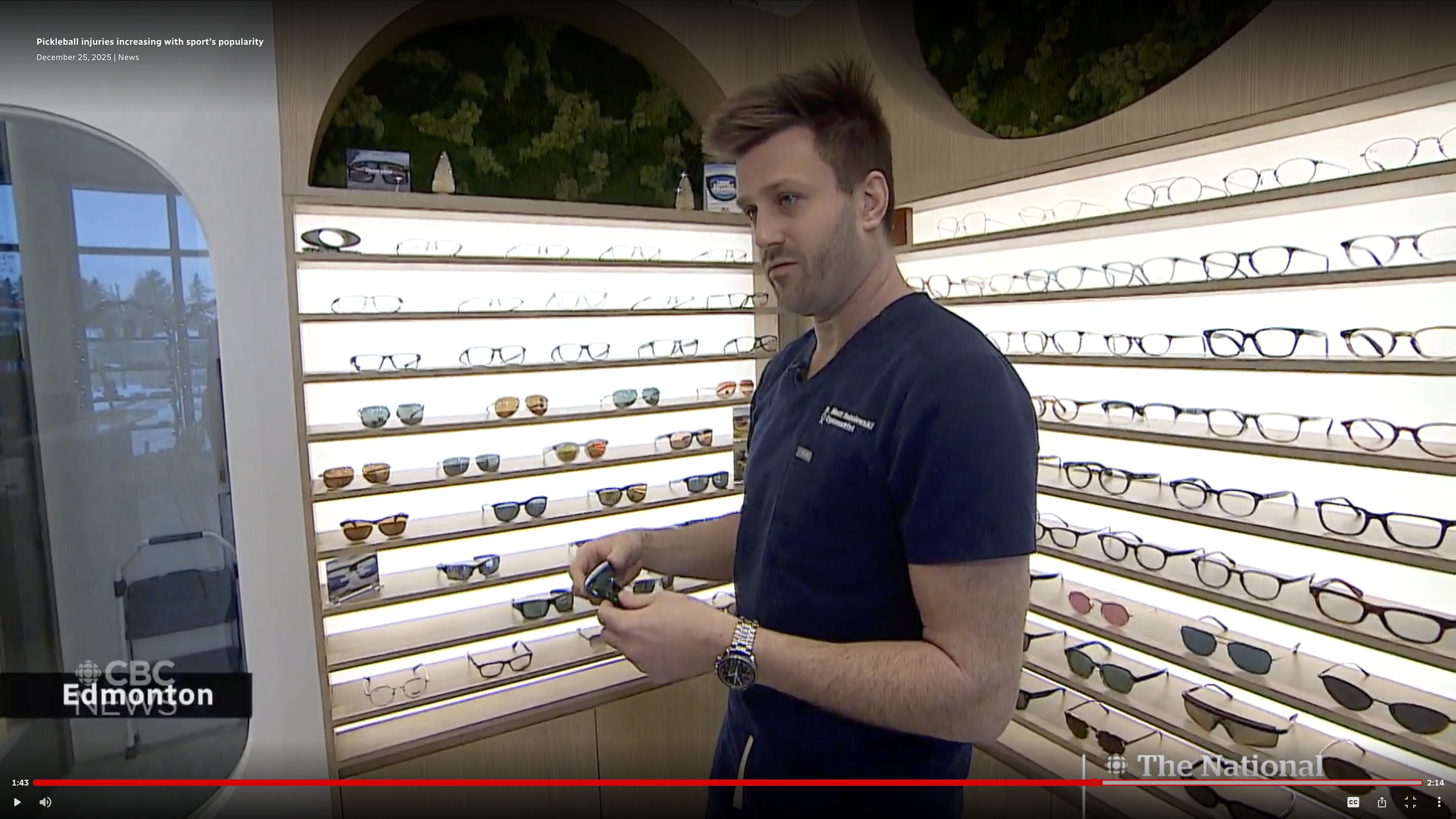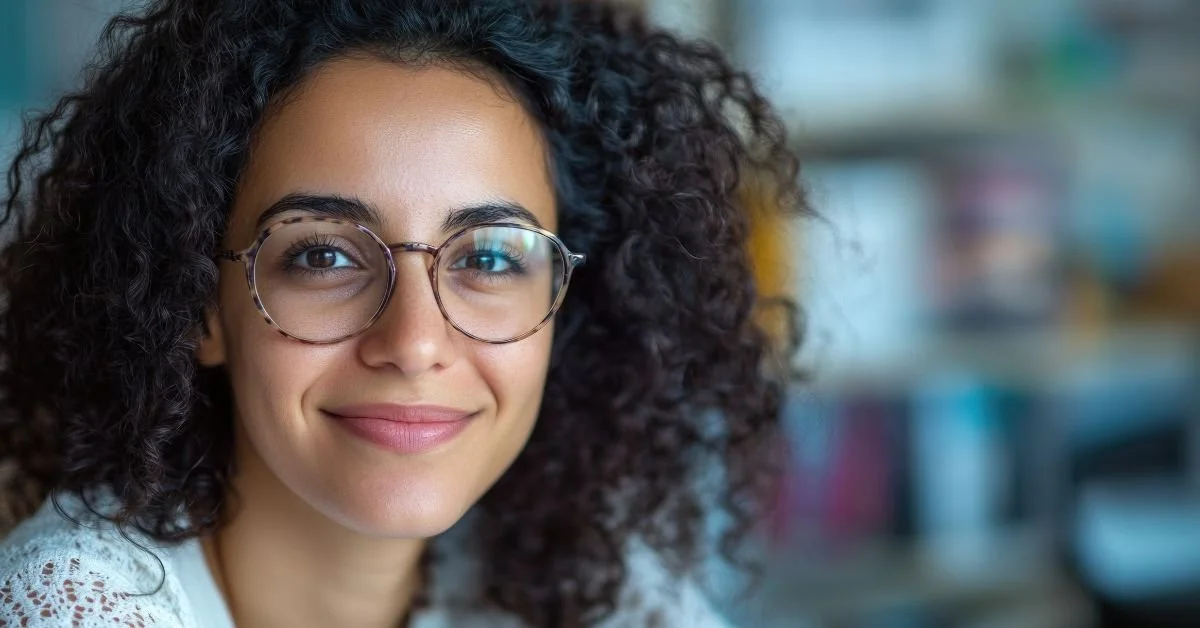Can Eating Carrots Help Me See Better in the Dark?
Carrots are often considered the ultimate eye-health superfood, and there’s no shortage of stories claiming that munching on them can help you see better in the dark. But is there truth to this idea, or is it just a well-marketed myth?
The Truth About Carrots and Night Vision
Carrots are rich in beta-carotene, a type of vitamin A precursor that’s essential for maintaining good vision. Vitamin A plays a critical role in producing rhodopsin, a protein found in the retina that helps your eyes adapt to low light. Without enough vitamin A, you could experience night blindness or difficulty seeing in dim lighting.
So, while eating carrots can help prevent vitamin A deficiency, they won’t give you night vision superpowers. If you’re already getting enough vitamin A from your diet, adding more carrots won’t significantly improve your ability to see in the dark.
Where Did the Myth Come From?
Interestingly, the idea that carrots improve night vision has roots in World War II propaganda. The British Royal Air Force spread the story that their pilots were eating carrots to enhance their night vision. In reality, this was a clever cover-up for the use of radar technology, which allowed them to spot enemy planes in the dark. The myth stuck, and carrots have been associated with superior vision ever since.
The Real Benefits of Eating Carrots
While carrots won’t turn you into a night owl with perfect vision, they are an excellent addition to your diet for overall eye health. Here’s why:
Rich in Antioxidants: Beta-carotene in carrots helps reduce oxidative stress, which can contribute to age-related macular degeneration (AMD).
Supports Corneal Health: Vitamin A also helps maintain a healthy cornea, the transparent front part of your eye.
Versatile and Delicious: Whether raw, roasted, or blended into soups, carrots are an easy way to boost your nutrient intake.
Other Foods That Support Eye Health
Carrots aren’t the only food that’s good for your eyes. A well-rounded diet including these nutrients can keep your vision sharp:
Leafy Greens: Spinach and kale are packed with lutein and zeaxanthin, antioxidants that protect against AMD and cataracts.
Fatty Fish: Salmon and tuna are rich in omega-3 fatty acids, which support retinal health and reduce dry eye symptoms.
Citrus Fruits: Oranges and grapefruits provide vitamin C, another antioxidant essential for eye health.
What Really Helps Night Vision?
If you’re struggling to see in low-light conditions, the issue might not be your diet. Poor night vision may be secondary to other factors like uncorrected refractive errors, cataracts, or certain medical conditions. Scheduling a comprehensive eye exam with an optometrist can help identify the cause and provide a tailored solution.
Conclusion
Carrots are undeniably good for your eyes but won’t transform you into a nocturnal superhero. The best way to maintain clear vision—day or night—is to eat a balanced diet, protect your eyes from strain, and visit your optometrist regularly. At Helio Optometry, we’re here to help you see your best, no matter the lighting! Schedule an eye exam today to ensure your vision is in top shape.
Disclaimer: The content provided in this blog post by Helio Optometry eye care clinic in West Edmonton is intended solely for informational purposes and does not replace professional medical advice, diagnosis, or treatment by a Licensed Optometrist. No doctor/patient relationship is established through the use of this blog. The information and resources presented are not meant to endorse or recommend any particular medical treatment or guarantee and outcome. Readers must consult with their own healthcare provider regarding their health concerns. Helio Optometry and its optometrists do not assume any liability for the information contained herein nor for any errors or omissions. Use of the blog's content is at the user's own risk, and users are encouraged to make informed decisions about their health care based on consultations with qualified professionals.










